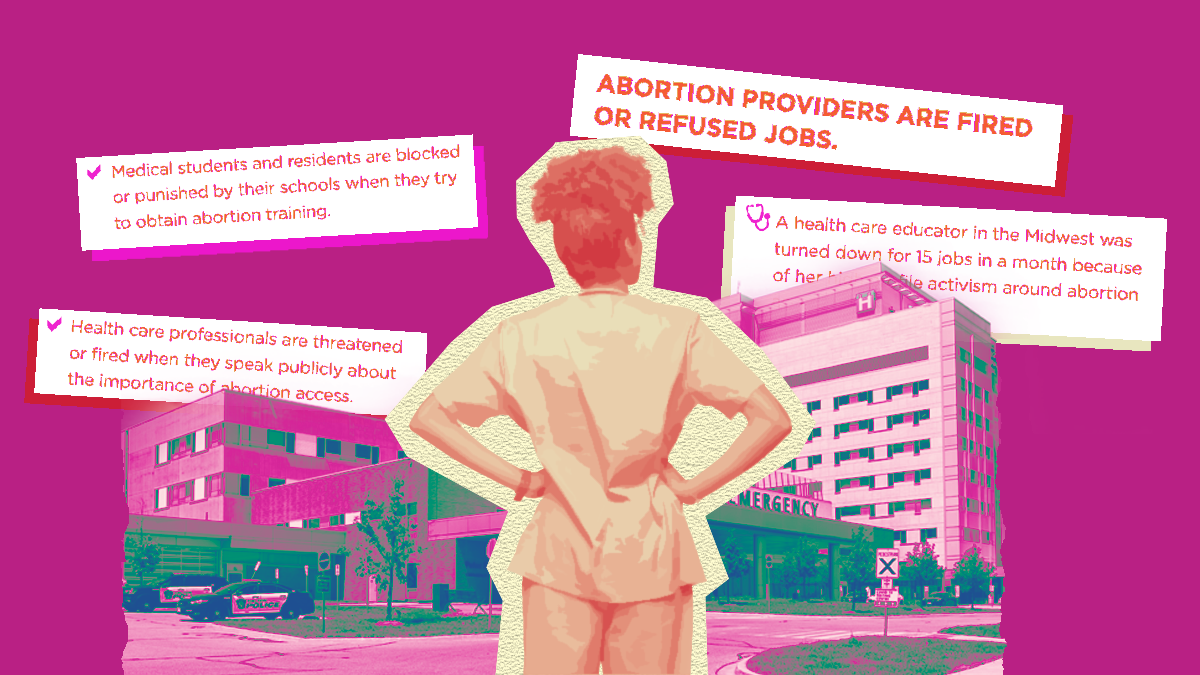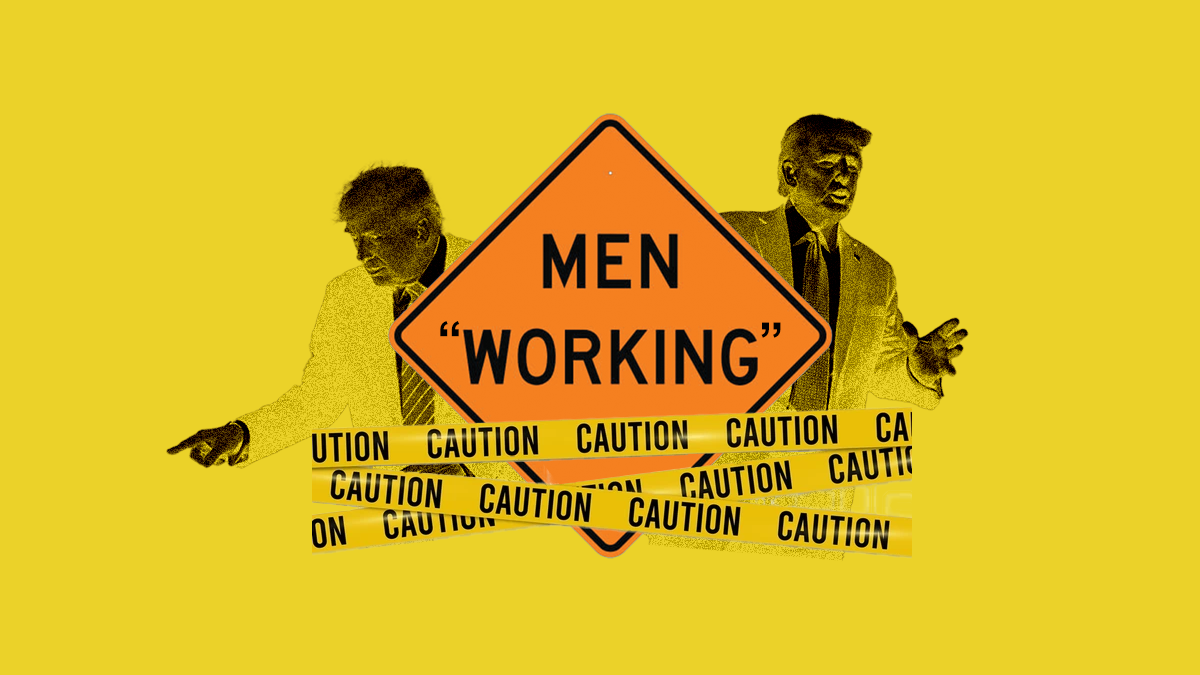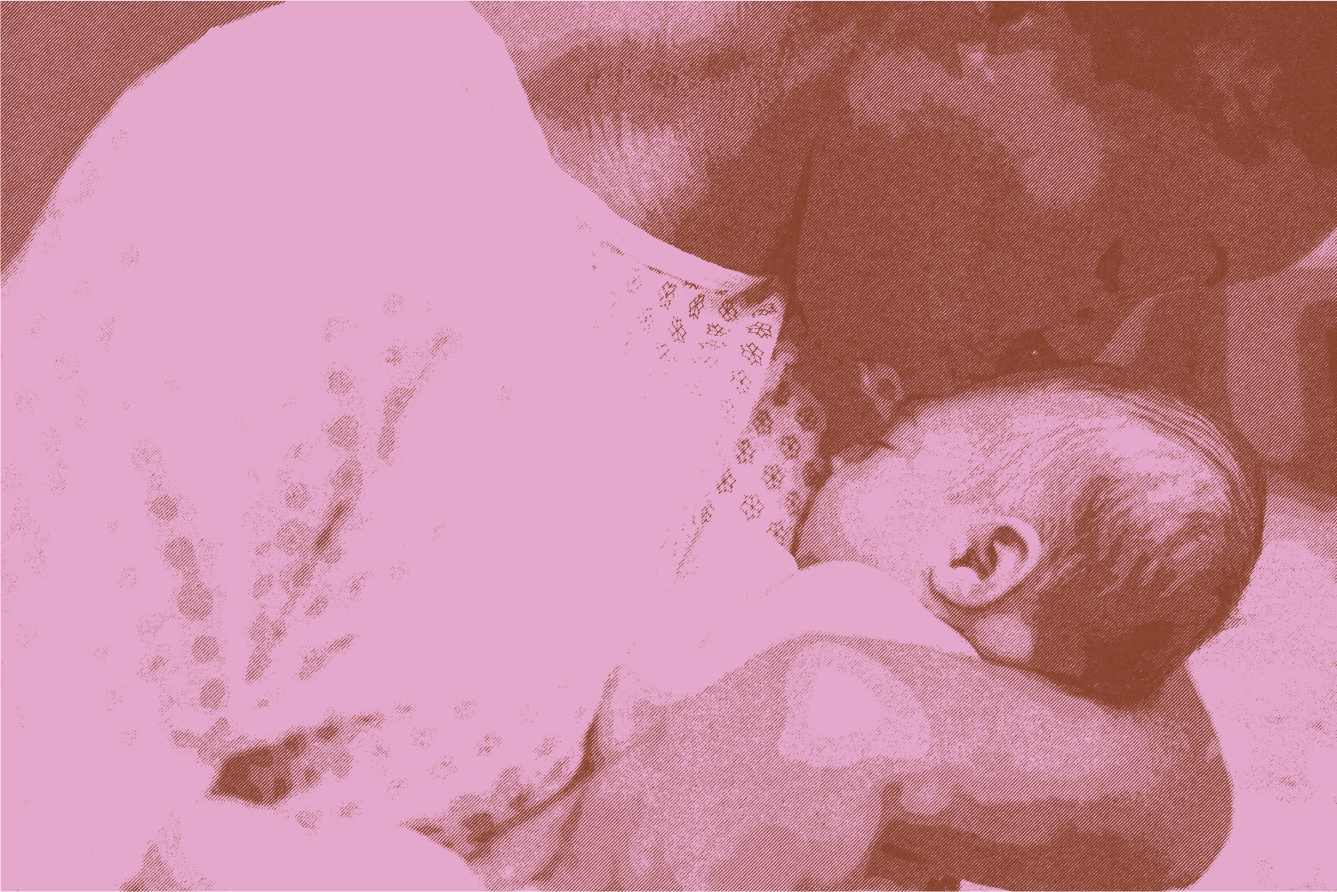Alone and Vulnerable: Abortion Providers Often Lack Support From Their Institutions

Abortion providers face hostility from every corner, including state legislatures, governors, anti-abortion activists, and the internet. So where do providers feel safe and supported? You might think large institutions with resources would be a safe space for abortion providers or those who want to support abortion care. Unfortunately, abortion providers working at big institutions often don’t feel safe there either.
Some abortion providers or health care professionals who support abortion face outright hostility and discrimination from the institutions where they work, as we’ve documented over the years. But even at institutions that aren’t outright hostile, health care providers may still face hostility or barriers to providing or supporting abortion because the institution fears the consequences of having an employee involved in anything related to abortion. We describe this as “institutional anxiety.” Leaders of health care institutions sometimes are so anxious about the public image repercussions if the institution were associated with supporting abortion access, including employing abortion providers, that they shut down anything that could possibly link the institution to abortion.
Because of this institutional anxiety, abortion providers often have to work in silence and without support because everyone around them is too scared of being associated with the care. Providers entering this work are prepared for mischaracterizations and misinformation from right-wing attacks. But it is an injustice to providers that their workplace is also hostile to them.
We know health care institutions have denied their employees the ability to moonlight as abortion providers at another location on their own time. We also know providers have been asked to stop advocacy work around abortion, including discussing proposed legislation supporting or limiting abortion, and to refrain from speaking to the press about the harmful and devastating impact of abortion bans. Even when providers do not identify their affiliation with an institution during their advocacy, employers continue to ask providers to stop their advocacy work to avoid any risk of the health care institution being associated with abortion.
Some institutions take institutional anxiety a step further—some medical schools try to hide that they provide training in abortion care to their students as required by the Accreditation Council for Graduate Medical Education. These institutions believe that any press relating to medical training could impact donations or even patients. While there is no clear evidence to substantiate the schools’ fears, their perception that they could receive negative press is enough to chill their discussion of training.
At the root of all of this is abortion stigma. Abortion stigma deeply affects patients seeking care. And it also deeply impacts the providers who offer that care. We talk to providers who seek legal representation, often when they are not supported by their employer. I listen to providers who feel like they are screaming into the void when desperately asking their leadership to champion their ability to provide evidence-based abortion care to their patients and advocate on behalf of their patients’ needs. Instead, they are abandoned by their employers and try to navigate the onslaught of attacks on their work by themselves.
Abortion providers should be supported from all segments of society, but especially where they work and from their colleagues. Their contributions should be protected, celebrated, and uplifted as they provide essential medical care in the face of unimaginable struggle and unjust barriers.
We will always support providers and we are here for those who are facing institutional anxiety or other employment barriers. But they should not have to work in such deeply stigmatizing isolation. We work toward a world where health care institutions are leading the chorus that abortion is health care, rather than hiding and shying away from patient care.





